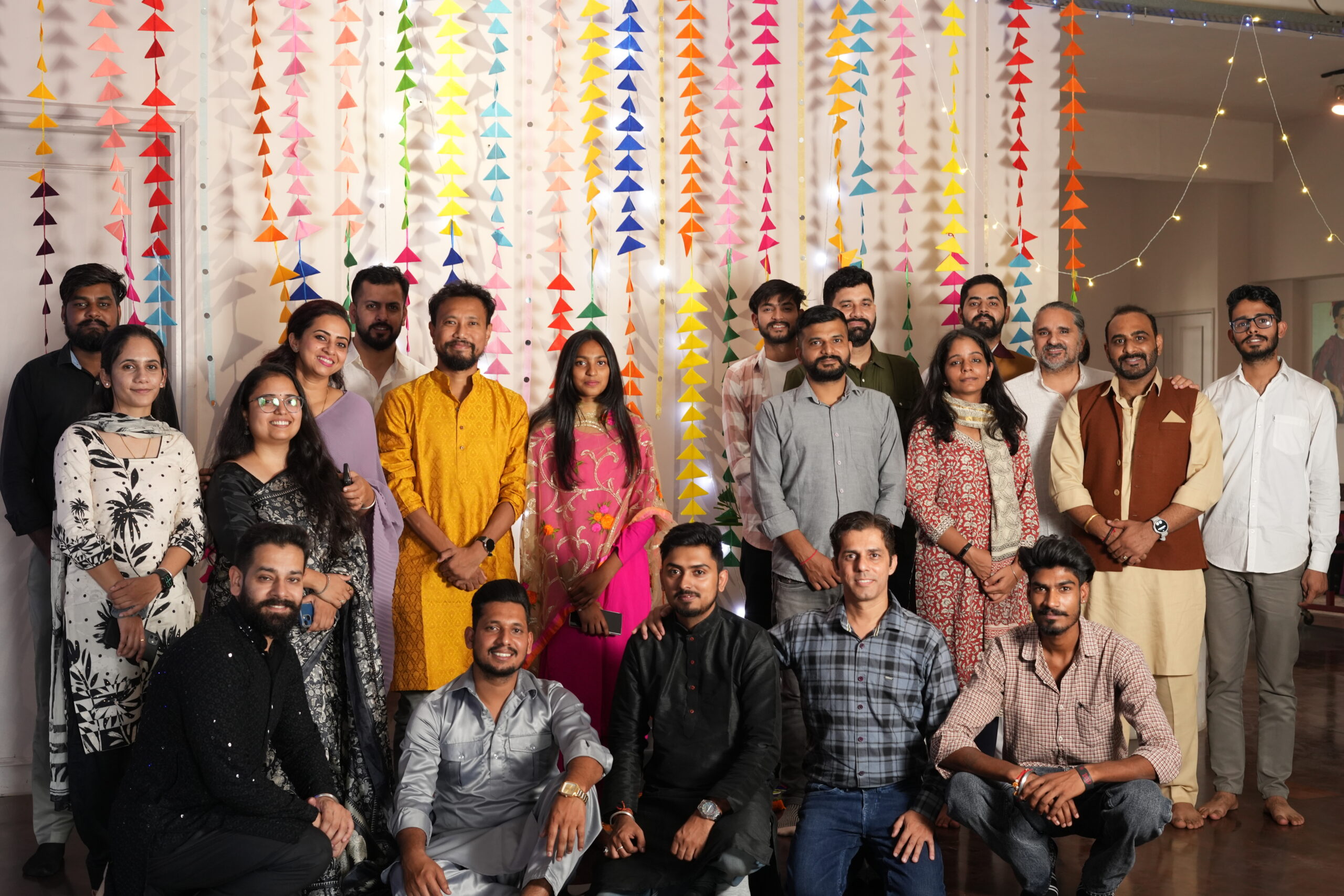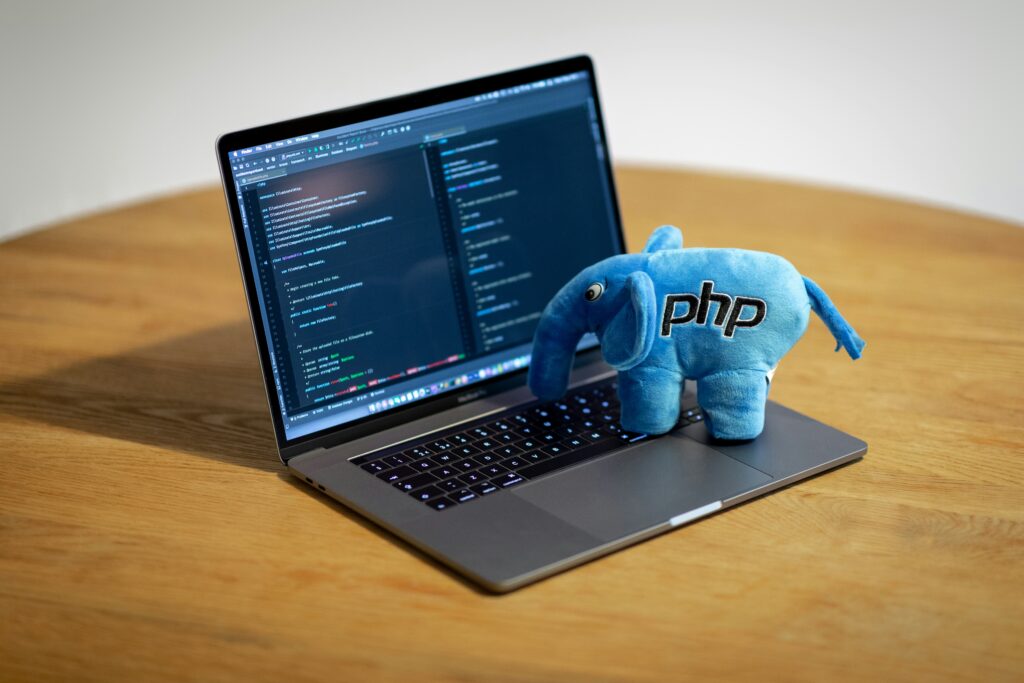
How long is a startup a startup?
by SarthakJason from 37Signals brought up a very interesting question on their official blog recently:
This is what he had to say:
“We’re grateful for the press we’re getting. However, there’s one thing that makes us cringe: Many people still tag us a startup. <!–more–>
We’ve been in business since 1999. Basecamp, the product we’re best known for now, was released back in February 2004. Early 2004 was before AJAX, “Web 2.0,” and even Ruby on Rails (we didn’t put that out until the end of July that year). We’ve since released four other products and written a book.
We’ve seen the same thing with Flickr (Ludicorp), Six Apart, Threadless (which has been around since 2001, and, according to Wired, is expecting $20,000,000 in revenues this year), and other established players. Is this just poetic license or is the line really that blurry?
What does it take for a startup to leave the startupsphere?”
People came back with lot’s of interesting comments like a start up is a start up till the time it’s self sustaining, till revenues increase expenses, profitability and a lot of other stuff like that.
63 comments later there was still no definite answer or consensus to it. Probably it’s just the subjective nature of the question. But any how here is my take on this:
For me a startup is a hard core time thing varying on the basis of industry. I think for the internet focused companies a time period of around 3 years qualifies as a startup period. This is the period when the new company gets to know if it is for real and there to stay. The number of products a company has launched or the revenues they make might be small or big to different people.
Let’s take a small example: A company which has been in business for 10 years and making no money cannot be classified as a startup. For me it’s just a poorly performing company. On the other hand a company making $100 million in its first year will still be classified as a startup but a very well performing startup.
- About the Author
- Latest Posts
-
Jiva’s Organic Traffic Growth: 354% Surge in 6 Months | CueForGood
by Nida DanishSummary: Jiva’s efforts to empower smallholder farmers weren’t gaining the digital traction they deserved. With a strategic overhaul led by …
Continue reading “Jiva’s Organic Traffic Growth: 354% Surge in 6 Months | CueForGood”
-
What We Learned When We Switched From Disposable Tissues to Reusable Napkins
by Nida DanishAt CueForGood (CFG), we’ve embraced a refreshing change: reusable cloth napkins. While the switch may seem minor, it’s rooted in …
Continue reading “What We Learned When We Switched From Disposable Tissues to Reusable Napkins”
-
Of Light, Laughter & Transformation: Diwali 2024 at Cue For Good
by Nida Danish
On any given day, walking into the Cue For Good office feels like stepping into a space with heart. It’s …
Continue reading “Of Light, Laughter & Transformation: Diwali 2024 at Cue For Good”
-
Why PHP Still Matters in 2024: A Look at Its Continued Relevance
by Girish TiwariAt its peak in the early 2010s, PHP powered the majority of websites globally, including major platforms like Facebook and …
Continue reading “Why PHP Still Matters in 2024: A Look at Its Continued Relevance”
-
How Meta’s New Holiday Ad Features Can Transform Your Business This Season
by Charanjeev SinghThis year, Tapcart’s 2024 BFCM Consumer Trends Report suggests that nearly 60% of shoppers kick off their holiday shopping in …
Continue reading “How Meta’s New Holiday Ad Features Can Transform Your Business This Season”
-
Cue For Good’s Journey at the B Corp Festival 2024: Exploring Louder Than Words
by Pancham PrasharOn September 10th and 11th, 2024, I had the incredible experience at the “Louder Than Words” B Corp Festival, held …
Continue reading “Cue For Good’s Journey at the B Corp Festival 2024: Exploring Louder Than Words”







